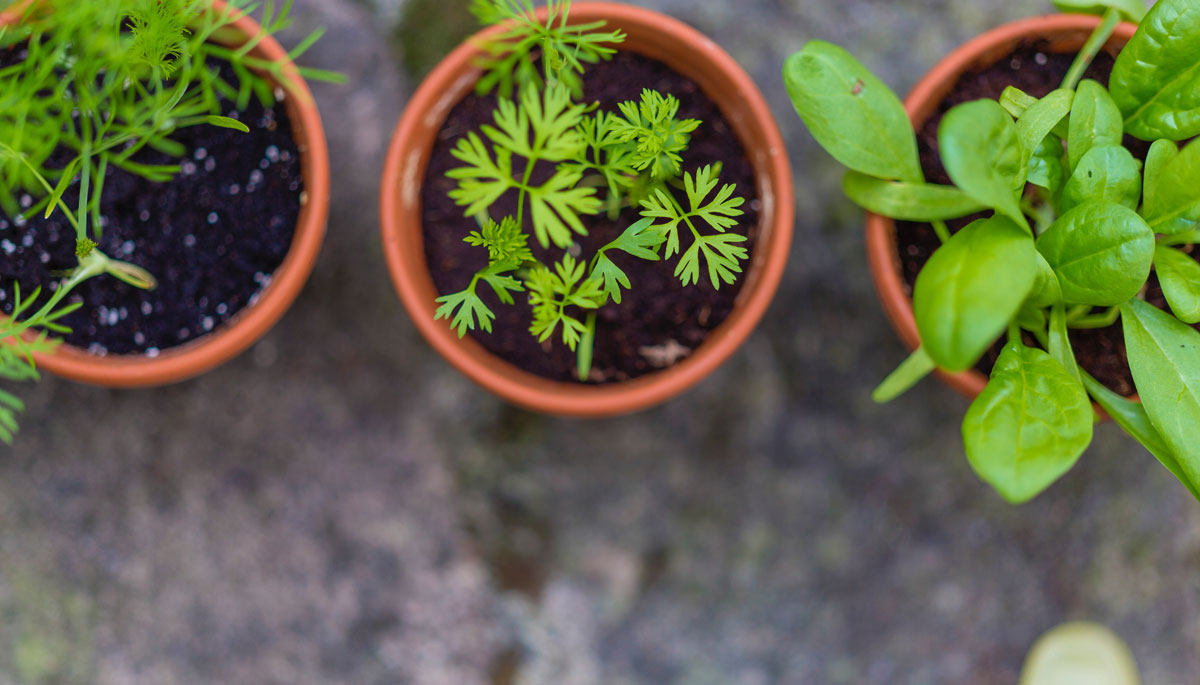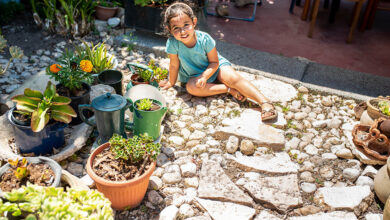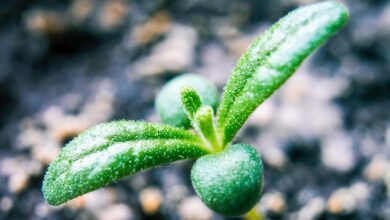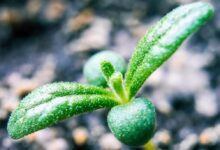
Kitchen Gardening for Beginners
Growing your own food is undeniably cheaper, fresher, more accessible and definitely more rewarding than ‘just’ buying everything from a greengrocer or supermarket.
The thing holding most beginner gardeners back is that eternal question: where do I even start?
Luckily, you don’t need green fingers to succeed as an amateur gardener!
This article focuses on those who have little-to-no experience gardening, and not the home horticulturalists. For this reason, the level of difficulty of raising certain plants should be something to consider.
By following a few simple guidelines to get you will reap the rewards in no time:
Keep it simple
Start with straightforward varieties instead of exotic and unfamiliar types: for one, pumpkins are easier to grow than dragon fruit.
When deciding what to buy, speak to the shop assistant about what would work well in a beginner’s garden. They are likely to ask you a few questions to ascertain what you need and after reading the next couple of points, you should be able to answer all of them.
Spacial limitations
If you don’t have a large garden with lots of space to work with, you can still start small.
Heck, container gardening is often less effort and you can keep them on your balcony if you live in an apartment.
Time for TLC
Weeding and water conservation is less of a problem and with care and nutrients, your tiny garden will flourish regardless.
Compost, potting soil and universal plant food is all beginner really needs, but once you start feeling adventurous, you can research bone meal and other additional supplements.
Size matters
Consider what you have space for depending on the size a plant is expected to grow. It is usually indicated on the back of seed packs.
If you have a large garden area, you can consider vining plants such as pumpkins or beans. If not, good starting plants include tomatoes, bell peppers, spinach and chillies.
And if you have enough space for a tree, lemon is the way to go!
Timely effort
If you are a 9-to-fiver who commutes to work and back, the last thing some of you want to do when you get home is spending your time gardening!
The great thing is that plants take care of themselves once they are settled in. You may even consider a self-watering system. Once a week is really all that is needed with most common food varieties.
Just make sure to regularly check for weeds, insects and abnormal-looking colouring.
A quick internet reference should be able to tell you what is wrong if anything. And if you start small, it will feel a lot more manageable as well.
The big decision
The most important thing to keep in mind when deciding what to grow is what you use on a regular base. Now is not the time to become culinarily curious.
In the end, sticking to the basics will benefit you much more!
The greatest thing to grow yourself that requires little space and effort are herbs. Being able to add fresh herbs to your dishes is a tremendous feeling and plants keep replenishing themselves.
Basil tends to grow quite large and if you have a few, you will be free of store-bought pesto forever. Origanum and thyme always come in handy, and coriander and chives add flavour to a wide range of dishes.
Choosing the plants you will be growing in your garden can be an incredibly exciting when you understand what to get to guarantee a successful outcome.
Keeping in mind your level of experience and the difficulty of certain types of plants, along with the time and space at your disposal, but most importantly, what food and herb plants you use most often in your home will ensure that you can make an informed decision about what to grow!






